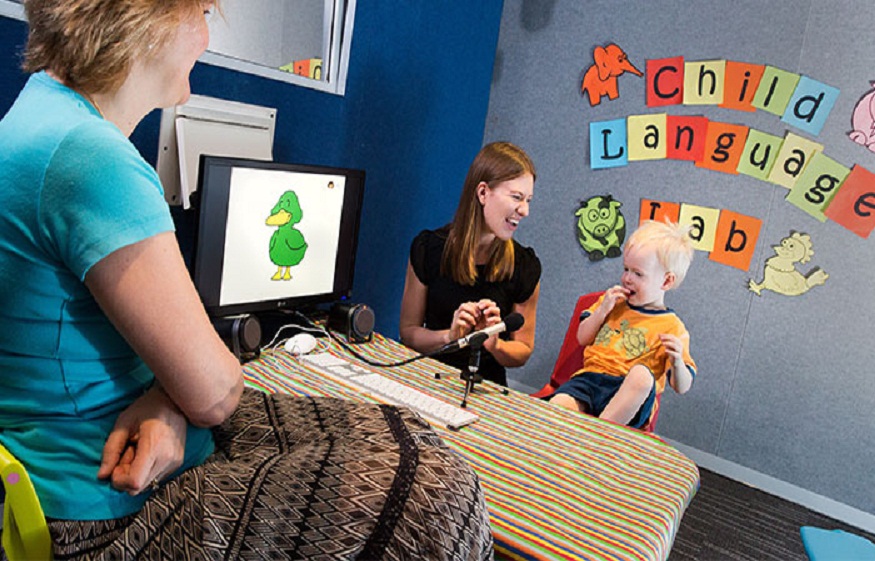
5 Fun Speech Therapy Games for Kids
Speech therapy is crucial for helping children build good communication skills, but it doesn’t have to be a hassle. Learning can be made more pleasurable and efficient by incorporating entertaining and stimulating games into therapy sessions. These five games are designed to aid children’s speech therapy while also enhancing their language and speech abilities.
1. Simon Says
A popular game that is easily modified for speech therapy is Simon Says. Playing this game helps kids improve their receptive language abilities by making them pay close attention to instructions and listen intently. Using targeted directions that incorporate words or sounds the kid wants to practise, therapists can help children reach specific speech goals. Saying “Simon says touch your nose” or, “Simon says Samsung three times” are two examples of engaging and entertaining articulation exercises for kids.
2. Storytelling Dice
Dice that tell stories are an excellent instrument for encouraging language development and creativity. The youngster must use the random combinations of images provided by the dice, each side featuring a different picture, to construct a story. Playing this game helps kids practise vocabulary and sentence construction while also encouraging them to think critically and utilise their imagination. As kids learn to arrange their ideas and present them coherently, it can also aid with narrative abilities. With the help of storytelling dice, kids can develop their social communication skills and build on each other’s ideas in a group setting.
3. I Spy
I Spy is a great game to improve your descriptive language abilities and expand your vocabulary. In this game, the youngster needs to guess what an object they can see is described by the therapist or parent. An apple could be the child’s guess, for instance, if you say, “I spy something round and red.” Through the use of descriptive language and attention to detail, this game can help kids become more proficient in expressive language. It’s also practically always playable, which makes it a practical choice for both therapy and home environments.
4. Articulation Jenga
The traditional block-stacking game is given a new twist with Articulation Jenga, which incorporates speech practice. Every block can be labelled with a word or sound that the child must pronounce in order to move or rearrange the block. With the addition of excitement and difficulty, this game improves the engagement of articulation exercises. Children concentrate on making the target sounds accurately as they carefully remove blocks without tipping the tower. This game is a flexible tool for children’s speech therapy since it can be quickly modified for a variety of ages and ability levels.
5. Picture Bingo
A fun and engaging method to improve vocabulary and language abilities is through Picture Bingo. Children’s bingo cards in this game feature pictures on them rather than numbers. The kids mark the pictures on their cards that correspond to the names the therapist calls out for items. This game can be customised to focus on particular topics or categories, such as animals, food, or home goods, and it helps teach vocabulary. In addition, Picture Bingo helps with listening comprehension and following instructions, two more important aspects of good communication.
Conclusion
These five games provide a lighthearted approach to speech therapy for youngsters, keeping them interested while they work on critical language and speech abilities. Playing games like Articulation Jenga, Picture Bingo, I Spy, Simon Says, and Narrative Dice can help parents and therapists create a positive, upbeat atmosphere that promotes learning and progress. Games are useful tools in any speech therapy toolkit because they can be customised to meet the needs of each player and the aims of therapy.





